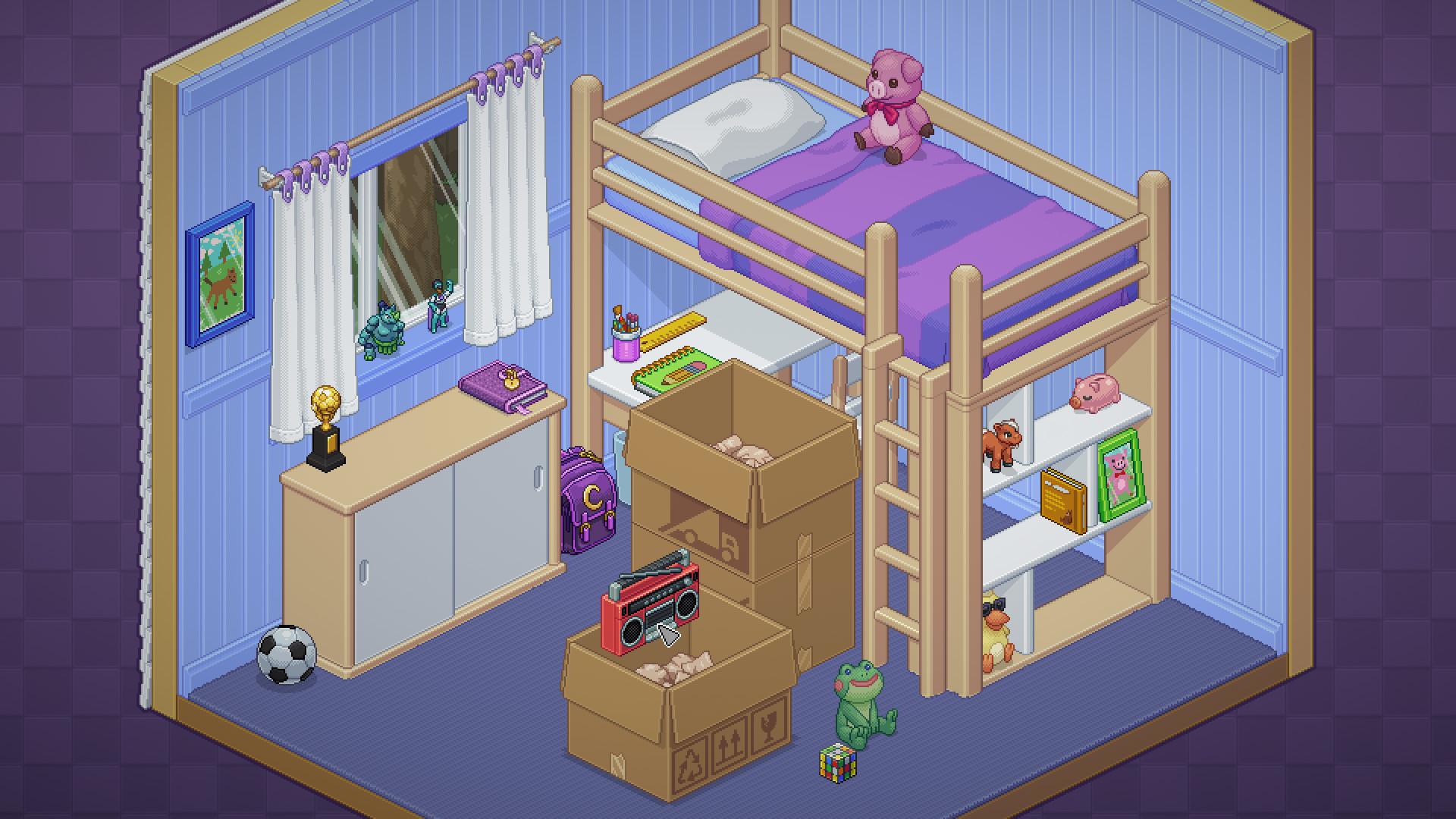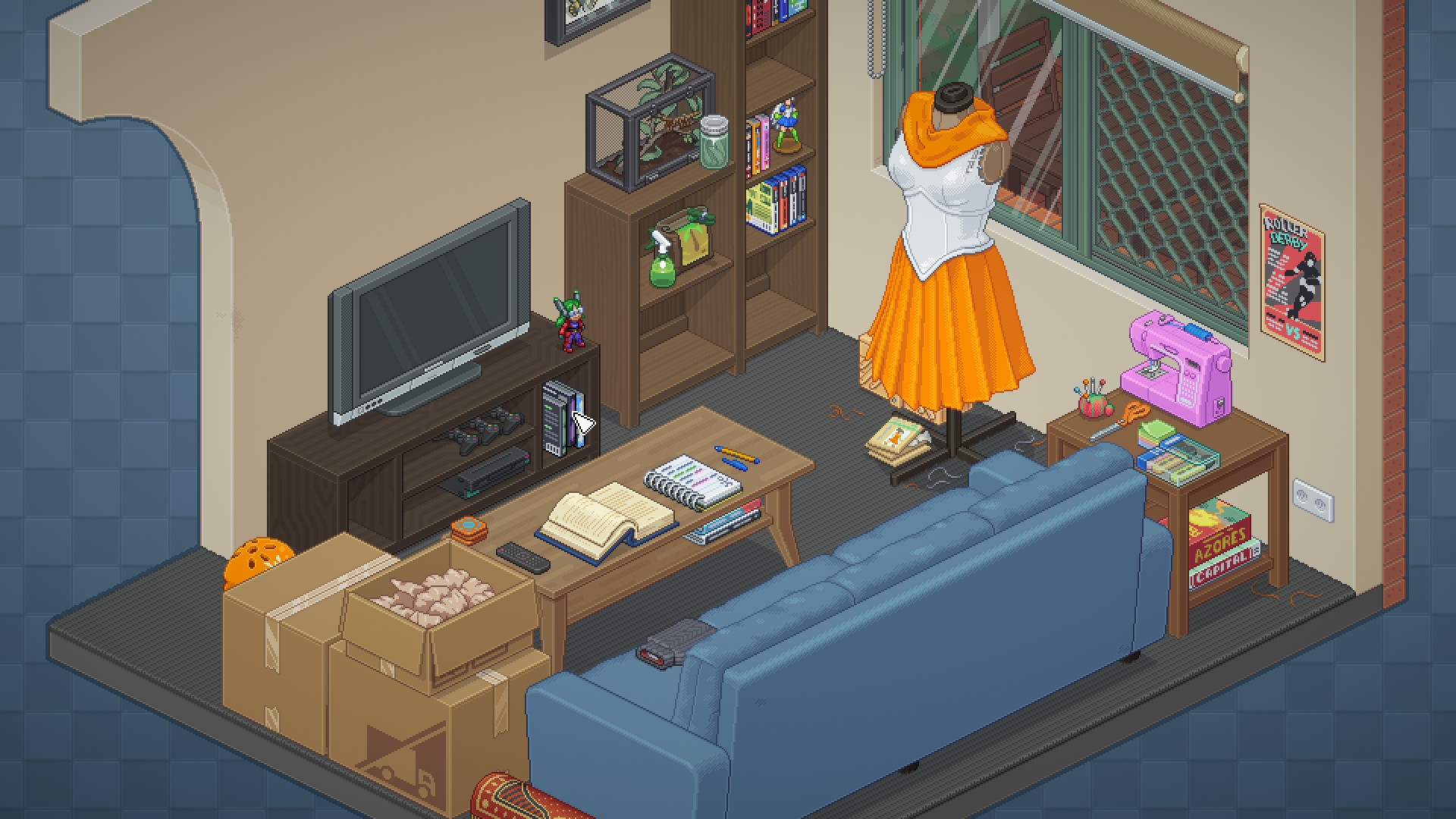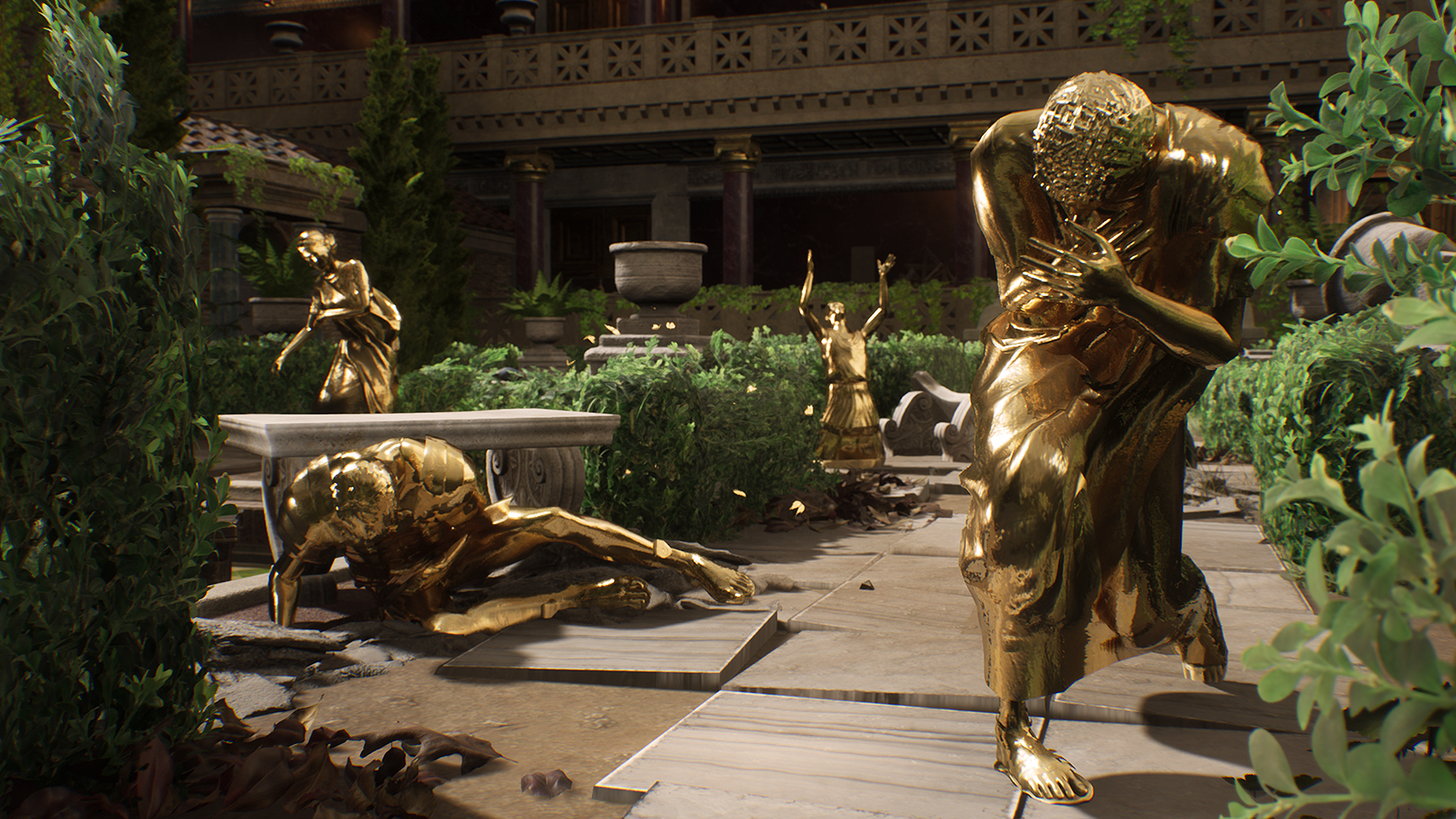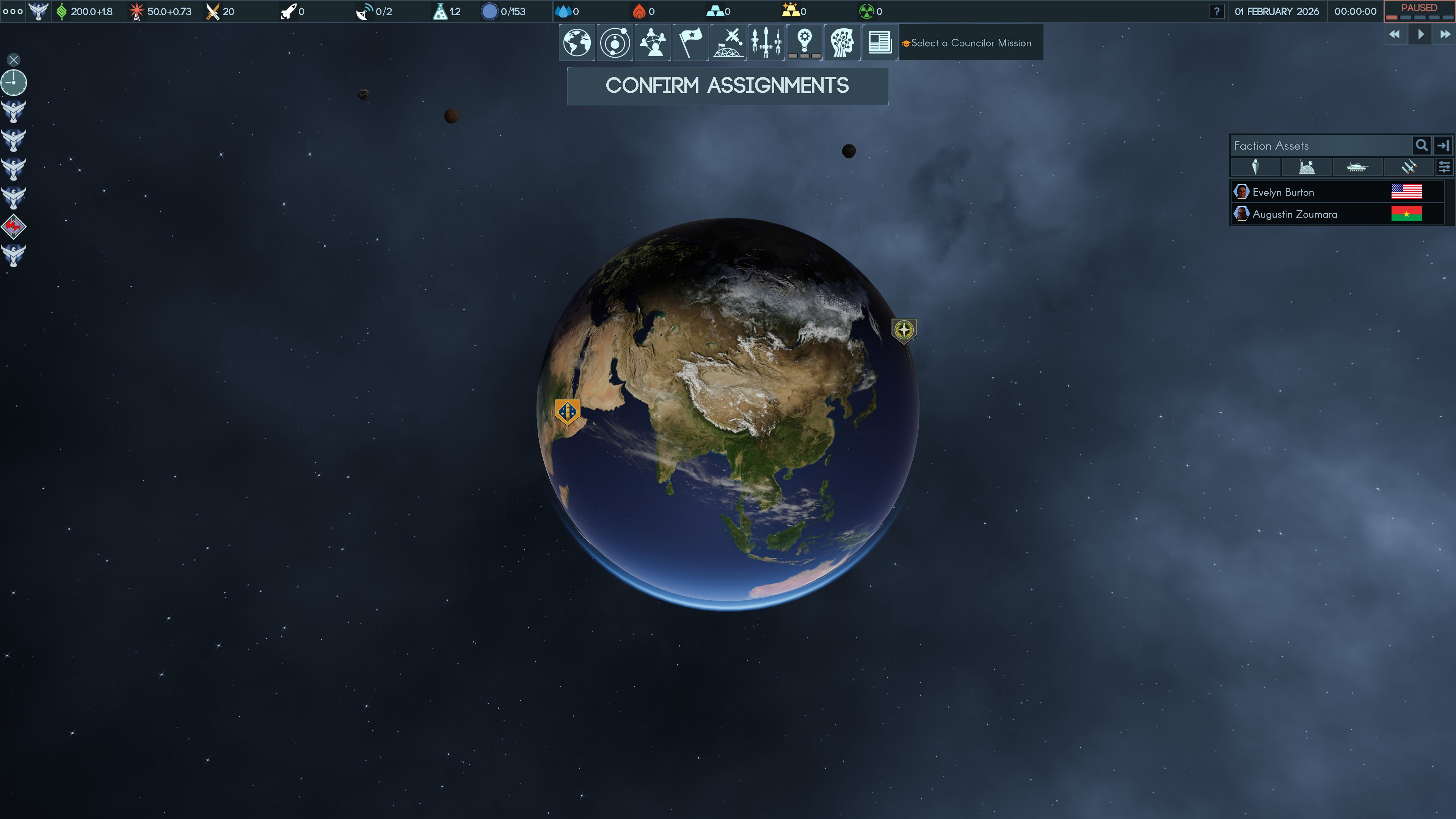The best game design programs, ranked by the Princeton Review 2022
Whether it’s the best teachers, the coolest graduates, or the most cutting-edge facilities, the Princeton Review has worked to find a great school for you.
Homework - Unpacking: Turning trinkets into storytelling
Unpacking is a game about, you guessed it, taking your stuff out of moving boxes and organizing it into a new home. The game charts different stages of a person's life, from youth to adulthood, as told through the items you drag out of boxes: A stuffed animal, a family picture, or maybe a knock-off GameCube. Two of the developers, creative director Wren Brier and technical director Tim Dawson, are a married couple who were inspired by the process of moving in together.
Example: So how can such a seemingly dull and daunting task translate into a chill game that tells a compelling story? One level asks you to move back into your parent's home after a bad breakup. How does the game communicate your breakup was less-than-great? The final item, a picture of you and an ex-boyfriend, cannot be placed anywhere other than a closet or drawer, suggesting some animosity or heartbreak.
Homework: Consider the emotional implications of a seemingly common or inconsequential item in your house. Whether it's a photograph, a plush toy, or kitchen utensils, anything can have some emotional weight to it given the right circumstances. When creating art assets for your game, what sorts of stories can you tell with just a handful of simple objects and where they're placed?
Homework: The Forgotten City - Cutting to the chase
If the last couple of years of games has taught us anything, it's that time loop mysteries are really hot right now. The Forgotten City throws you into a mysterious ancient Roman city that's living under the rule of some unseen force threatening to turn everybody into gold statues if even one person commits a sin. The catch is that someone has figured out how to create a time loop, thus allowing you to escape certain doom and continue on with your investigation, at the cost of having to reintroduce yourself to everyone in town. So how do you escape tedium when your game hinges on repeating the same day?
Example: The first person you meet in each loop in The Forgotten City is Galerius, a kind farmer with a heart of gold. Initially, he's just your tour guide, but eventually becomes something of a trusting errand boy when you've figured out certain mysteries. Rather than making you check tasks you've already completed off of a list, each loop lets you chat with Galerius and task him with quickly hitting up all the appropriate people. It's a bit silly, but it saves the player literal hours and sets you up for the canon ending.
Homework: Making your game's story repeat the same day is an interesting way of potentially scaling down development costs, but you still need to think of how the player will perceive things. In what ways can you "shorten" your game that doesn't invalidate your narrative, but save the player from needless repetition?
Keep up to date with the most important stories and the best deals, as picked by the PC Gamer team.





